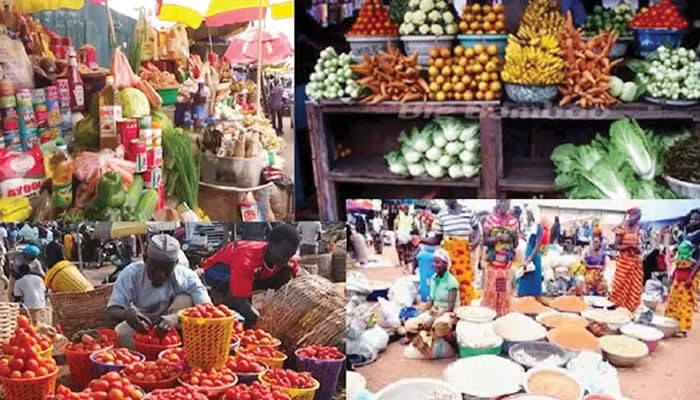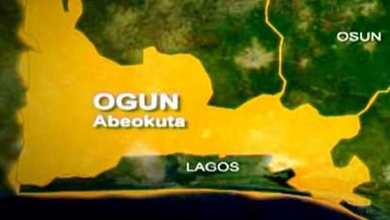
Farmers Criticise FG Over Rising Agro-Imports, N2.2tn Food Bill, and Price Crash Order
Nigeria’s agricultural import bill rose sharply to ₦2.22 trillion in the first half of 2025, sparking outrage among farmers, rice millers, and key stakeholders who say Federal Government policies are undermining local production and worsening food insecurity.
The development comes amid fresh criticism of President Bola Tinubu’s directive to the Federal Executive Council (FEC) to further reduce food prices nationwide.
Speaking in Abuja at a one-day capacity-building workshop for Senate correspondents, the Minister of State for Agriculture and Food Security, Sabi Abdullahi, said the President had ordered the committee in charge to enforce measures that would crash prices by ensuring the safe passage of food products across different routes in the country.
“I can say it on good authority that the President has given a matching order to a Federal Executive Council committee already handling it. We are aware there are routes through which commodities are taken before they are delivered. If you know the amount of money spent on this, you will understand why those commodities are expensive at the point of delivery,” Abdullahi explained.
Farmers and Millers Push Back
However, the directive has been met with stiff opposition from farmers and rice processors, who insist that government pronouncements cannot override market realities or make up for poor planning.
Kabir Ibrahim, National President of the All Farmers Association of Nigeria (AFAN), argued that while reducing transport costs could ease food prices, it is not enough to sustain farmers or boost local production.
“The cost of food will go down if transport costs go down, but that alone is not enough. Our farmers are complaining that prices are so low they cannot afford fertiliser. Importation has dealt with our farmers,” he said.
Stakeholders fear that the surge in imports, coupled with weak support for local producers, may further discourage domestic investment in agriculture, deepening Nigeria’s dependence on foreign supplies and aggravating food insecurity.






